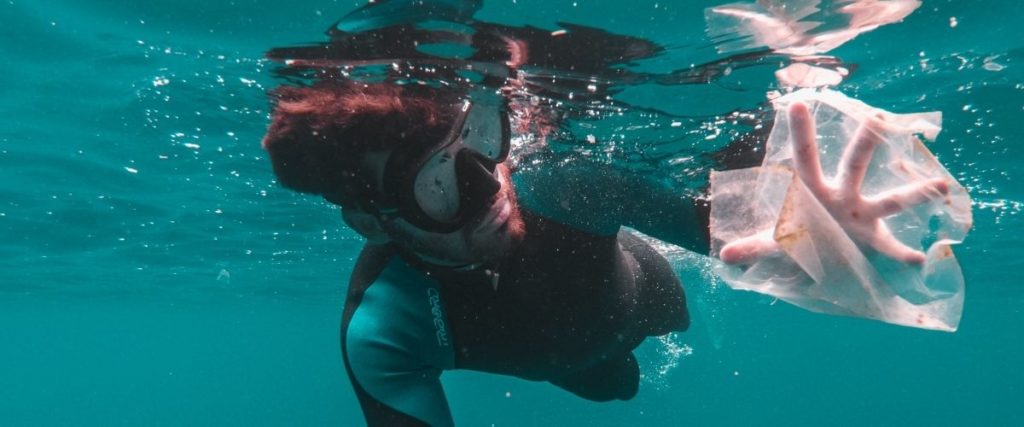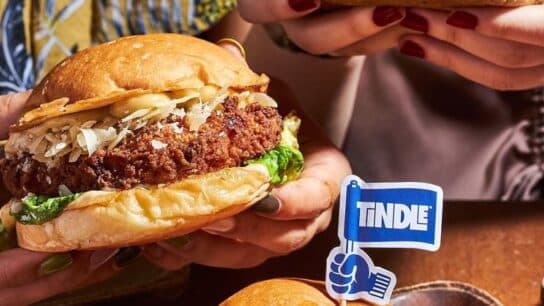From mushrooms, to agar, to potato starch, here are our top biodegradable plastic alternatives so you can reduce your carbon footprint and help save the earth, one product at a time.
Plastic is everywhere, from our phone case, to snack wrappers, to the clothes we wear every day. We have all heard stories, read case studies, and watched documentaries about the dangers of plastics, but yet, it’s so hard to completely avoid them. However, small steps will often make a huge difference. Instead of trying to cut out all plastic, try to minimise the amount of plastic you use by investing in alternative products. Here are our top biodegradable plastic alternatives so that you can live a more sustainable lifestyle.
1. Edible Plates
What if eating is the solution to decreasing plastic waste? Japanese confectionary startup, Marushige Seika Co., has created edible plates and chopsticks made from potato starch. Because the company specialises in ice cream waffle cones- edible and biodegradable packaging for your ice cream- the idea came to them naturally. Their utensils can last up to an hour depending on how much liquid is on a plate. Marushige Seika’s managing director, Katsunhiko Sakakibara, hopes their product will soon be able to reduce plastic waste around the globe.
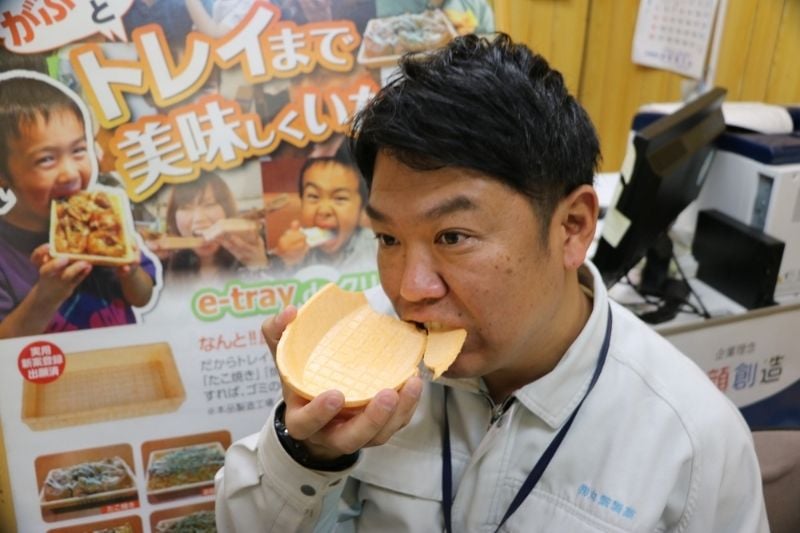
2. Beeswax Wrap
Surely everyone has plastic wrap in their home, it is one of the most common household items, and is also the most harmful to the environment. Each year, the average family uses 24 rolls of plastic wrap, not to mention the amount of money spent buying these rolls. Since 2016, Thailand-based startup, Superbee, founded by Australian-born Antoinette Jackson, has developed a sustainable wrap to preserve your food. Using 100% cotton fabric, beeswax, organic coconut oil, and garden tree resin, their beeswax wrap is a great alternative since it can be rinsed and reused. Another sustainable product they produce is their Hexawash laundry cloth, which contains magnesium which can biodegrade and be buried in your garden after usage providing essential nutrients for your plants!
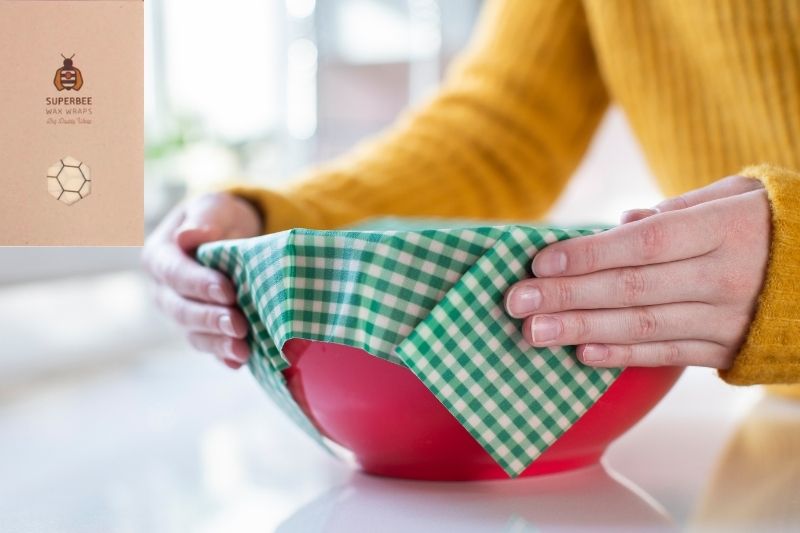
3. Sugarcane Straws
Around 100 million marine animals die each year from plastic waste, either from being tangled and choked or ingesting the plastic themselves. To protect marine life, many restaurants are replacing plastic straws with paper straws. However, one of the many disadvantages of using paper straws is how quickly they soften. Taiwanese start-up Ju Tian created straws made from natural ingredients such as sugarcane, coffee grounds, bamboo, tea, and rice husk. Each of their products does not produce any harmful toxins chemicals after degradation but will release into the environment as H2O and CO2 and nutrients.
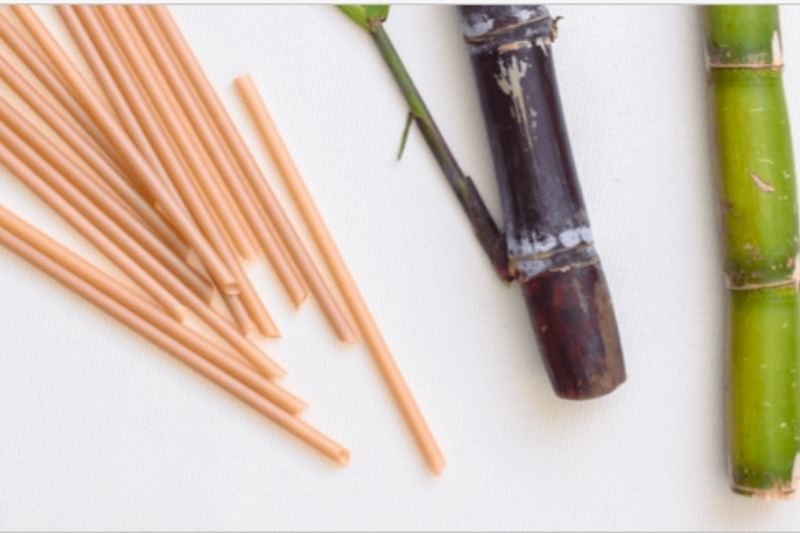
4. Dissolvable Bags
On average, over 46 million plastic bags are disposed of in landfills every week in Hong Kong. Since Covid-19, where everyone is ordering takeaway from restaurants and plastic is used generously for sanitary purposes, this number has increased by 50%. With the goal to reduce the environmental footprint, co-founders of Distinctive Action, Devana Ng and Flavien Chaussegros developed INVISIBLEBAG, a plastic bag that can dissolve in water. The bag is made from a non-toxic water-soluble synthetic polymer called Polyvinyl Alcohol (PVA), starch, glycerin, and water. Simply pour 80 degrees celsius of hot water onto your INVISIBLEBAG and watch the bag disappear instantly, and discard the liquid through your drain afterwards. Currently, the Distinctive Action team is working with more restaurants, companies, and shops to adopt this new concept of plastic bags, working to reduce waste in Hong Kong every day.
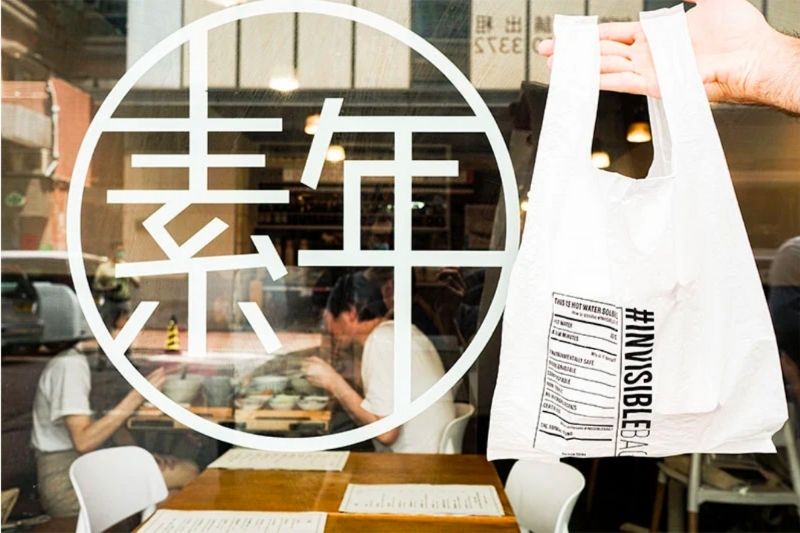
5. Seaweed Packaging
Seaweed is known to have a negative carbon footprint- it is very beneficial to the environment as it can absorb more than 20% of carbon dioxide from the world. And now, it is a great plastic alternative. Each year, Indonesia produces 6.8 million tonnes of plastic waste. To decrease this number, Evoware, a Jakarta-based startup, has developed edible seaweed cups and food wrapping. Their jello cups come in different flavours like lychee, orange, and green tea and will also contain fibre, vitamins, and minerals. So now, you can eat your burger and also its wrapping paper without creating any additional waste.
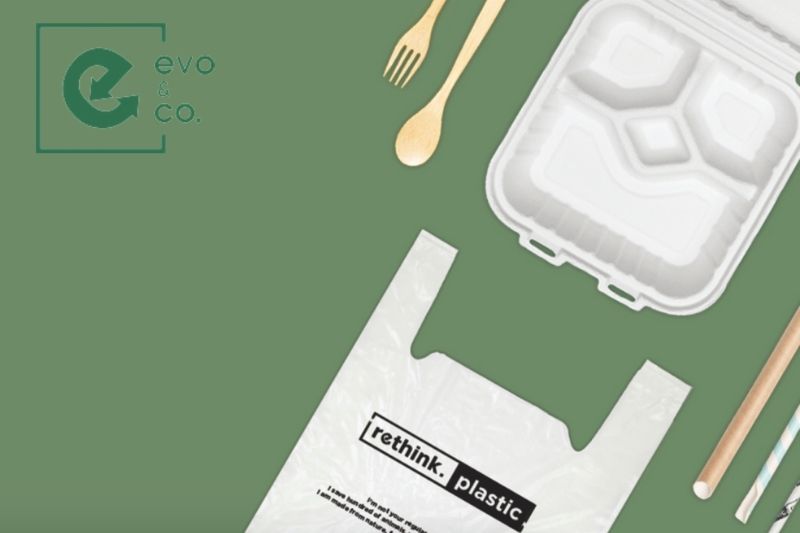
6. Mushroom Packaging
Styrofoam takes up 30% of landfill space and takes 500 years to decompose, and it’s not just that, but the toxins released during decomposition can also cause cancer. Ecovative Design uses mycelium, or mushroom roots, to create a biodegradable alternative for plastic, leather, and styrofoam. Currently, IKEA, the crowd-favourite Swedish furniture store, is looking to invest in using mycelium for their packaging to reduce waste and save the environment. Besides using mushroom roots as an alternative plastic source, Amsterdam-based startup, Livin Studio, has created a fungi mutarium, which grows edible mushrooms that consume plastic. Oyster mushrooms are one of the most common mushrooms available, and they have the ability to consume and break down plastic. The mushrooms you grow are also still edible and have a sweet flavour to them.
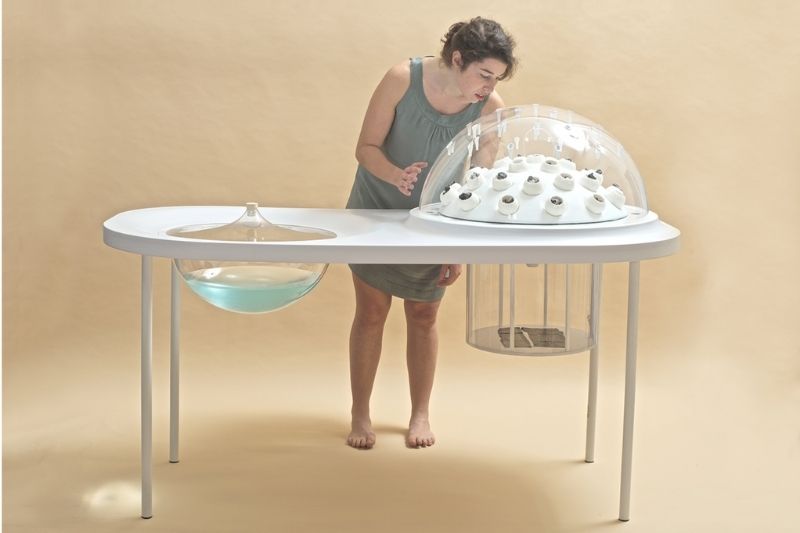
Related Articles
5 Sustainable Changes You Can Make At Home
